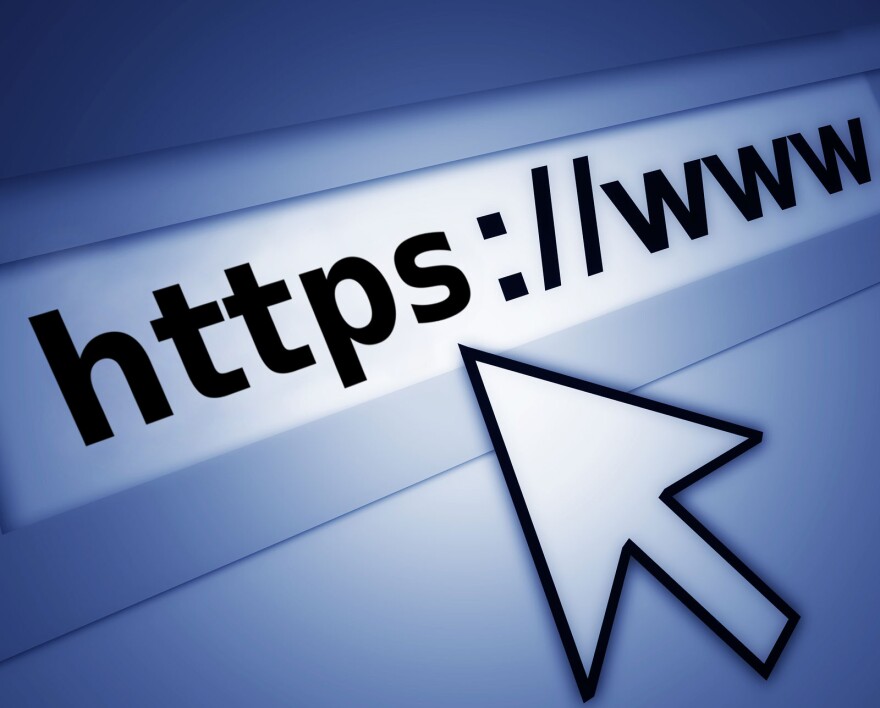Columbus and Franklin County are putting a combined $20.2 million of American Rescue Plan Act federal pandemic relief funds toward closing the digital divide in the city and county, local leaders announced Thursday.
The city put up $15 million, while the county committed $5.2 million to be dispersed over the next three years.
The money will fund the Digital Equity Action Agenda, laid out by the more than 40-member Franklin County Digital Equity Coalition last fall. The plan focuses on connectivity, device access, digital skills and outreach.
Around 80,000 households in Franklin County, or about 10% of the population, are without internet, according to Columbus officials. They added that over 66,000 households lack large-screen devices, like computers or tablets, and lower-income households, lower-educated households and people of color are disproportionately affected.
Jordan Davis, executive director of Smart Columbus, which will administer the program, called the issue of internet access “urgent.”
“Access and use of the internet was expressed repeatedly as a basic need, as important as rent and transportation,” Davis said.
Davis also said her organization spoke with residents who felt isolated due to lack of internet and homeless youth who depended on their cell phones to find food and shelter.
Columbus Department of Technology Director Sam Orth pointed out how difficult it is to apply for a job or write a term paper using public wi-fi and cell phones.
“It's pretty hard to participate in a digital economy when you don't have the tools,” Orth said.
Orth said the Digital Equity Action Agenda will involve making sure eligible households are participating in the affordable connectivity program.
It will also provide 10,000 large-screen devices to participants in the city’s digital life skills program and establish partnerships to get more low- or no-cost computers and tablets to residents who need them most, he said.
Next year, the city’s Tech Goes Home program will have multi-day digital life skills camps, and summer tech programs will be expanded to provide science, technology, engineering, art and math programming for elementary, middle and high school students.
“Lastly, we’re building a movement,” Orth said. He said the program will invest in 100 community partners and some 1,500 digital advocates to raise awareness and develop support.
Columbus Metropolitan Library CEO Patrick Losinski said the digital divide between those who have access to the internet and computers and those who do not has been long-standing, but it has grown starker.
“None of us would ever want to experience the pandemic again. But the one thing the pandemic did do is it laid bare for us the digital inequity that exists in Columbus and frankly, all across the country,” Loskinski said.
Orth added that without access to broadband, “We are on the verge of not a digital divide, but a digital chasm.”
Pilot programs will launch in 2024, with the full agenda expected to be in swing by 2027. Franklin County has committed an additional $5 million to support the program in the years after 2027.


